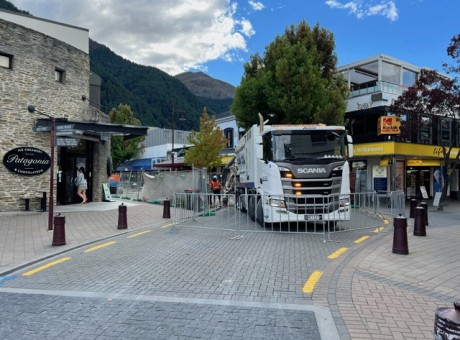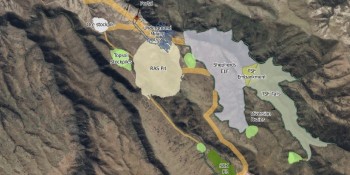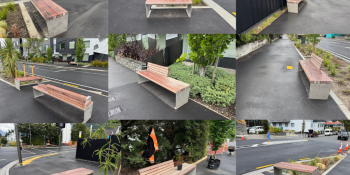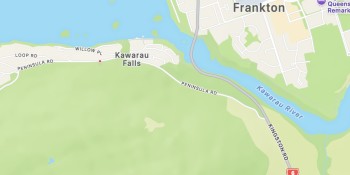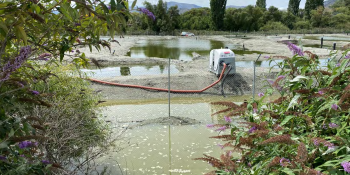'Completely archaic' legislation hits Queenstown's newer suburbs
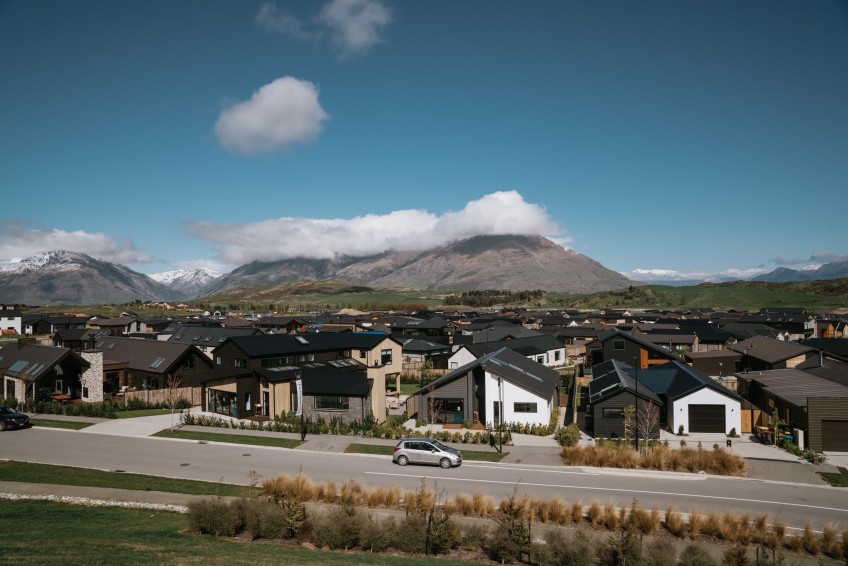
Government subsidies designed to help Queenstown households experiencing financial pressure keep a roof over their heads are out of date and inequitable.
Salvation Army Queenstown community ministries director Andrew Wilson sees it every day in his work – families at breaking point, where every cent counts, and a residential address lottery of sorts that decides if they’re eligible for Government help towards housing costs or not.
He’s championing a petition to Parliament pushing for change.

Salvation Army Queenstown community ministries director Andrew Wilson's championing a petition to make the payout of the Accommodation Supplement fairer in Queenstown.
What’s needed, he says, is a review of Accommodation Supplement zoning in the Whakatipu.
In Aotearoa, the supplement is a weekly payment that helps people with their rent, board or the cost of owning a home.
Whether or not an individual can receive it depends on their and any partner’s income, cash reserves and assets; and how much they receive depends on where they live.
It’s that second variable – someone’s address – that’s causing problems locally.
The zones here dictating how much help a household qualifies for, and the income thresholds for eligibility, were drawn up three decades ago.
Forget Hanley’s Farm, forget Shotover Country, forget Lake Hayes Estate, says Mr Wilson, because they didn’t even exist in 1992.
All these new neighbourhoods, according to zoning for the purposes of dishing out the Accommodation Supplement, are classed as rural farmland.
It’s policy that’s “completely archaic”, he says.
“These new communities are disqualified because of essentially a clerical error that someone hasn’t updated the data to include them into what Queenstown is.”
So, what sort of figures are we actually talking here?
Mr Wilson says a family in Fernhill, downtown Queenstown or parts of Frankton, suburbs classed as “urban”, can access up to $305 a week.
But say an address change is forced on them and they end up shifting to one of the comparatively newer suburbs listed above – Shotover Country, Lake Hayes Estate and the like – that drops to $120.
Eligibility also changes: In the “urban” zone the amount that can be earned and still be eligible for the subsidy is more generous, he says.
“You can have two adults working for almost $27 an hour and still be eligible for at least some support under the accommodation supplement…you then move to the rural places…you just happen to move suburb because there’s no other house available, that’s what we often find with our clients…you’re really only looking at on income worker, really only making just over minimum wage before you start getting disqualified.”
Anita Golden of the Lake Hayes Estate and Shotover Country Community Association says it’s “unbelievable” those neighbourhoods are considered rural.
“The frustration comes from that not being reviewed for such a long time. Anyone who looked at it, well you’d go ‘there’s over 2,000 units and houses in the area, so I don’t think you would call that a rural area anymore’.
“The point is, let’s actually have a look at it and make sure the families here can get what they’re entitled to. Every little bit helps towards the cost of living in Queenstown.”
To thrive as a community and as an economy, Queenstown needs “all kinds of people”, Ms Golden says.
She’s encouraging people to support Mr Wilson’s petition, whether it directly affects them or not.
“It might not impact on someone directly right now, but no one knows what the future holds.”
Last month, Mr Wilson jumped out of a plane to raise awareness of the issue.
He was joined by then mayor Jim Boult and Southland MP Joseph Mooney.
You may have heard of the stunt – they all dressed as farm animals to skydive with NZONE, pushing the hashtag #peepsnotsheeps.
It’s all in aim of encouraging people to sign the petition calling for seeking an amendment of a clause in the Social Security Act 2018, so urban-rural zoning, for the purposes of eligibility for the accommodation supplement, is based on up-to-date population statistics.
“Even if it doesn't affect you, as Joe Bloggs, this is something that does affect those who are struggling to get by in Queenstown – who, for no fault of their own, are coming under immense pressure to cover their accommodation costs," Mr Wilson says.
“Bad legislation, or bad policy, is bad policy, and we have the opportunity to change it…and to get behind those who really make up the backbone of Queenstown's economy, to support them when they need it most.”
Anyone wanting more information about the #peepsnotsheeps campaign can find the Facebook group here.
The petition itself can be found here, and it's open until the end of the year.
At last count, it had 545 signatures.
Minister in charge comes to town
This weekend Minister for Social Development and Employment Carmel Sepuloni was in town, where she met with the Queenstown Chamber of Commerce.
“I appreciated the chance to discuss skills shortages, workforce retention, challenges and opportunities in the region and what Government can do to support across all these areas,” the minister tells Crux.
Also discussed: the Accommodation Supplement, which she says is being reviewed as part of a wider Working for Families review.
It’s scheduled to be complete next year, but whether it will specifically address the issues in Queenstown is unclear.
Crux asked the minister if a re-jig of the all-important zoning mechanism will be part of the review, but she did not offer any specific comment on that.
Southland MP Joseph Mooney, in addition to jumping out of planes, is continually corresponding with the minister on behalf of his electorate to highlight the issue.
In his view, it’s not acceptable that a review will only be done next year, while families in Queenstown are experiencing a cost of living crisis now.
He’s requesting the review be brought forward and completed by the end of the year.
He also wants it to be targeted.
“Any extended review period won’t solve the underlying issue if the review criteria is still based on flawed measures or information.
“The way areas are currently set don't take into account communities which lie outside urban boundaries.
“The accommodation supplement payment should be based on up-to-date data that takes into consideration the cost of accommodation across a community.”
Main image (Facebook): Hanleys Farm is among the newer Queenstown neighbourhoods zoned as farmland when it comes to rules for the Accommodation Supplement, despite the area being covered in houses.








